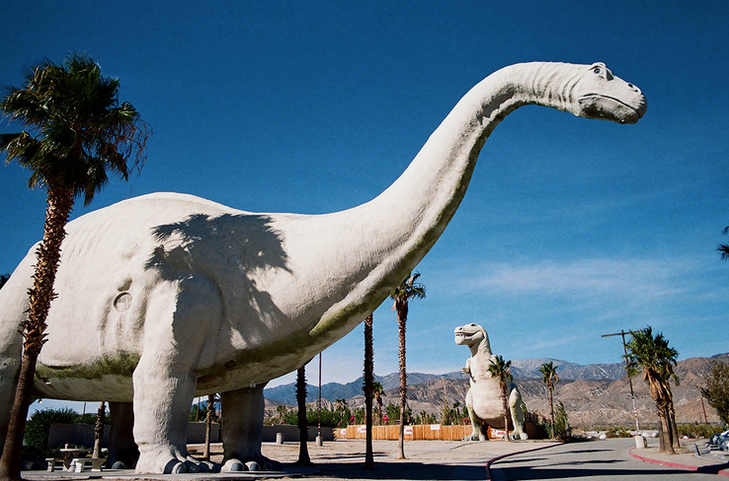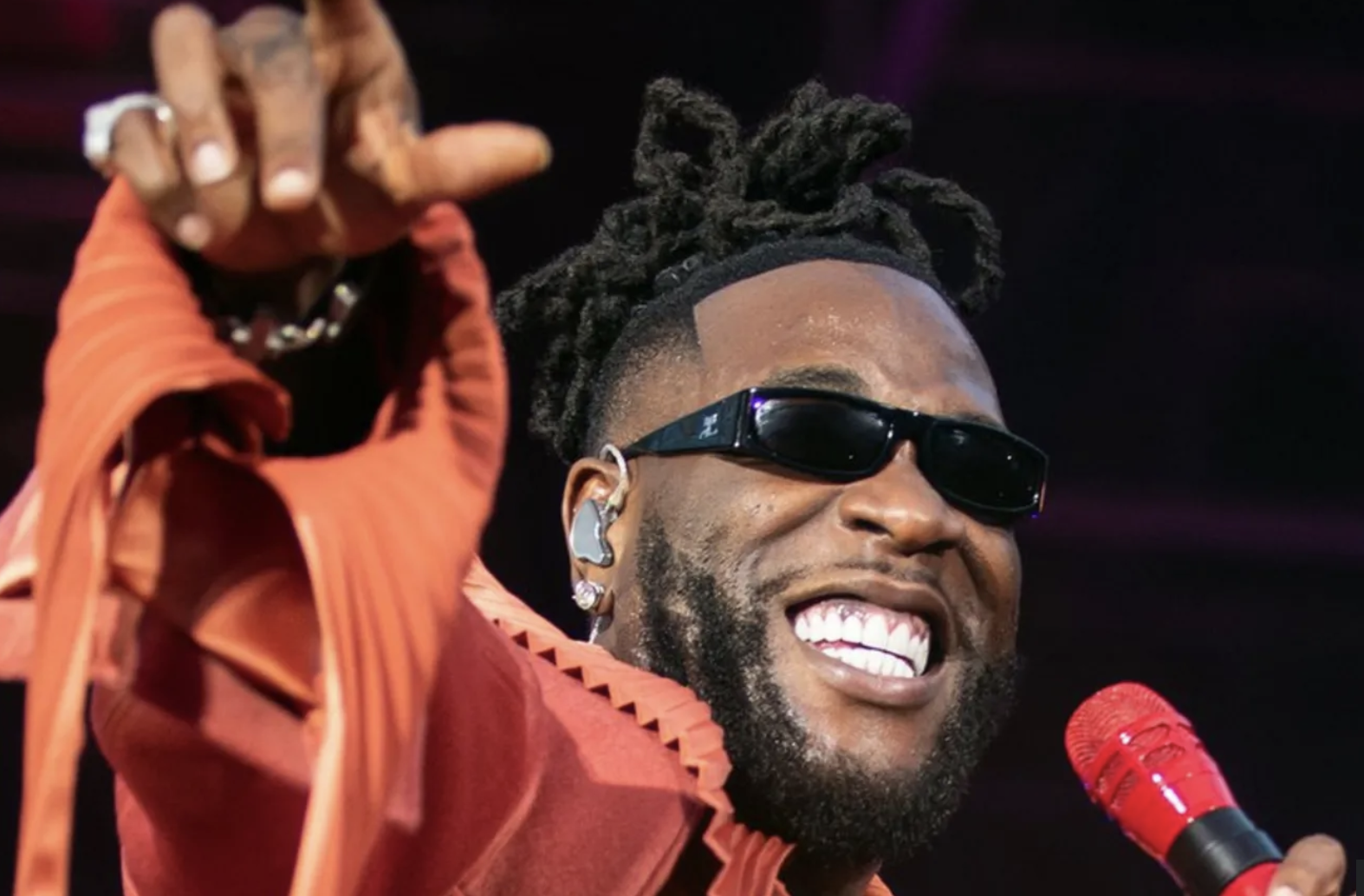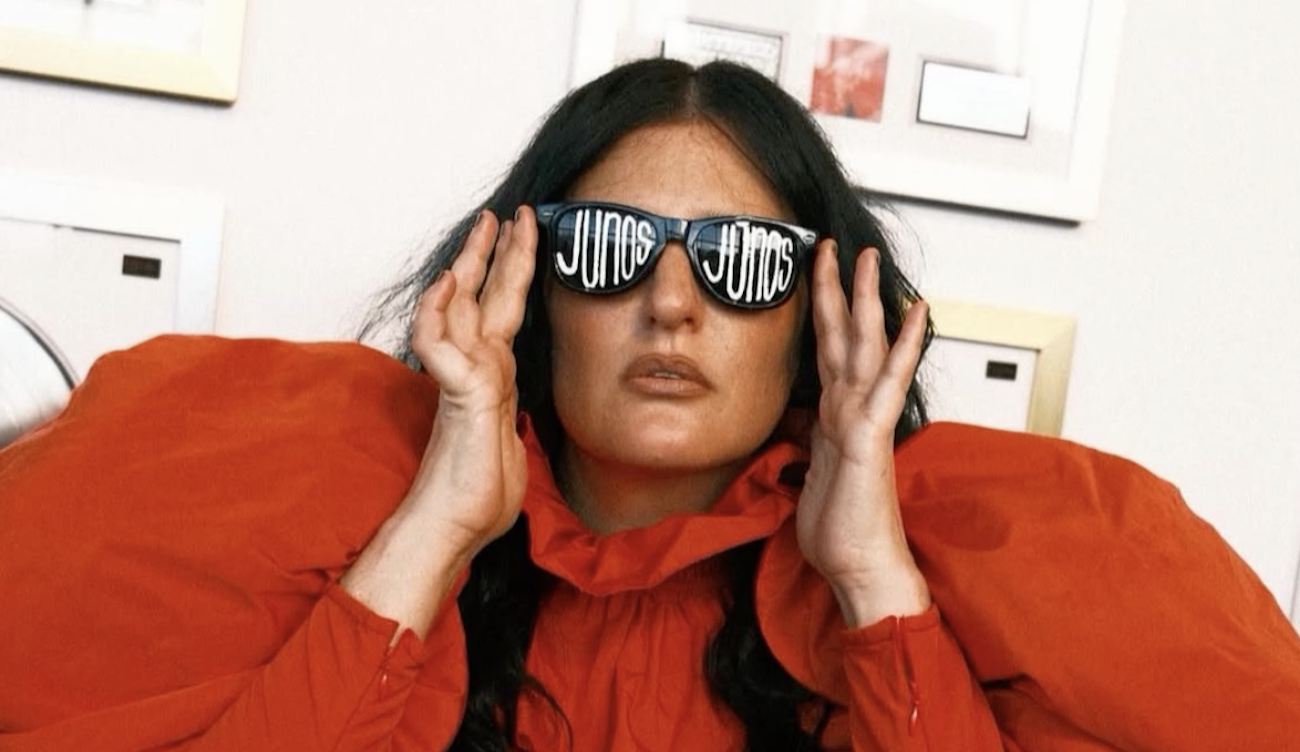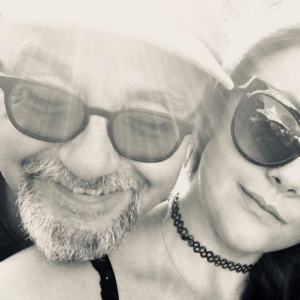IN THIS (PANDEMIC) TIME is a series of Kurated columns informed by COVID-19 which is taking its toll.


CORONAVIRUS DIMS AFRICAN STARS
Two major African musicians died late in March after contracting COVID-19. Both Manu Dibango, 86 and Aurlus Mabele, 66, were in fragile health when they passed away in Paris.
Congolese singer Mabele was known as the king of soukous, the high energy dance music that became popular in Africa during the 70s and 80s. The word soukous stems from “secouer,” which means “to shake” in French.
The influential Dibango, born in Cameroon, studied jazz and saxophone in France during the early 50s. He gained international fame when his 1972 Afro-funk hit, Soul Makossa, launched a career that produced numerous innovative recordings with a wide range of collaborators including Fela Kuti, Sly Dunbar and Robbie Shakespeare, Youssou N’Dour, Peter Gabriel and Hugh Masekela. Dibango continued to play live concerts until last year.
While African music and grooves have been widely popular around the world since the mid-80s thanks to artists like Talking Heads and Paul Simon, Dibango’s blend of jazz, funk and traditional Cameroonian rhythms marked an early breakthrough. It put him in the company of players like American world fusion pioneer and trumpeter, Don Cherry who began exploring global sounds in the 60s. The two collaborated on a radio recording called Don Cherry & Manu Dibango Marseille 1982.
“What is special is that Africa has a long historical relationship with sound, and a communion between sound and the visual stronger than in any other culture. The sound carries the rhythm and the movement creates the images. The way an African moves compared with the environment is different from the western conception.” – Manu Dibango
OBITUARY
AFRO-FUNK SAXOPHONIST MANU DIBANGO DIES OF COVID-19
By Anastasia Tsioulcas / NPR Music/ March 24
One of the pioneers of Afro-funk music, the saxophonist Manu Dibango, has died of COVID-19. He was 86 years old, and died in Paris. Internationally, he was best known for his 1972 song “Soul Makossa”, though his entire oeuvre could have been the soundtrack to a cooler 1970s than most people lived. But that one, funk-drenched hit, lit by Dibango’s burning saxophone, went on to influence the sound of American disco — and its hooky spoken intro helped power songs by Michael Jackson and Rihanna.
Dibango’s death was announced on social media by his representatives, who said that he died Tuesday at age 86 due to the coronavirus; they had also announced last Wednesday that he had been hospitalized due to the pandemic. A public memorial will be “organized when possible,” the announcement said.
“Soul Makossa” became a hit in New York after DJ David Mancuso started playing the track at his Loft parties. Dibango was born December 12, 1933, in the port city of Douala, Cameroon; his father was a civil servant. His parents’ marriage was unusual for the time: His mother came from the Douala ethnic group, and his father from the Yabassi, and he later said that he never felt quite at home identifying with either.
When he was 15 years old, his parents sent him to study in France, so that he could return as an administrator, like his father. He paid for his initial rent in Europe with three kilograms of coffee from home — a fact that provided the title for his autobiography. He had been sent abroad to study philosophy, but instead fell in love with American jazz. As he told WHYY’s Fresh Air in 1990, his parents were extremely upset by his decision to pursue music professionally, and cut him off.
While still in France, he began playing in bands — piano, mandolin, vibraphone and, soon enough, saxophone. Dibango made his way to Brussels, where he met one of Africa’s greatest bandleaders, Joseph “Grand Kallé” Kabasele, a master of Congolese rumba. This was a time of exciting, super-danceable musical experimentation –Congolese rumba was a blend of American jazz, Cuban rhythms and buoyant African sounds. The genre-bending, free-wheeling music became part of the roots of Dibango’s own creativity as a bandleader.
Kabasele hired Dibango to play saxophone in his group, African Jazz. As part of that group, Dibango traveled to what was then Congo, now Zaire, to spend a month with the band. Instead, he stayed two years and opened his own club, Tam-Tam, in what was then the city of Léopoldville, now Kinshasa.Dibango then moved to France where, in the late 1960s and early ’70s, he began to forge a career as a significant solo artist. But “Soul Makossa” skyrocketed him to international fame.
In the years after the success of “Soul Makossa,” he collaborated with many famed international artists, including Art Blakey, Herbie Hancock, Don Cherry, Sly and Robbie, Paul Simon, Peter Gabriel, King Sunny Adé, Youssou N’Dour, Hugh Masekela and Fela Kuti.
“Soul Makossa” was originally the B-side for a Dibango 45 RPM single; its refrain was something of a branding exercise for “makossa,” the funky, jazz-tinged dance genre that Dibango pioneered. (Kossa means “dance” in Douala, his mother’s native language.)
In 1982, Michael Jackson picked up a version of a line that Dibango declaimed on “Soul Makossa” — which Jackson sang as “mama-se, mama-sa, ma-makossa” — on his song “Wanna Be Startin’ Somethin’ ” from the album Thriller. The Cameroonian musician sued the American megastar; Jackson settled out of court for an undisclosed amount of money. In 2007, Rihanna sampled Jackson’s version of the “Soul Makossa” line on her song “Don’t Stop the Music.” (Jackson had given her permission, but not Dibango.) Two years later, Dibango sued Jackson again, as well as Rihanna in France; that time, his case failed, due to the earlier settlement.Publicly, Dibango did not dwell on his wranglings with Jackson; as he wryly told Fresh Air in 1990, “I think he wanted to say hello to Africa somewhere.”
Stay tuned,

5 April 2020





